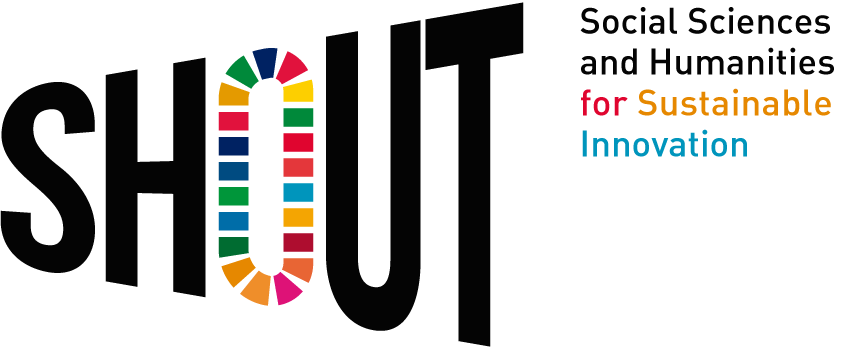In 2015 World economic forum (WEF) proposed a list of TOP 10 most useful skills for thriving in the today’s world. The list was renewed in 2020. The skills in the two lists are basically the same, although their places have changed. Both lists emphasize the importance of education in Social Sciences and Humanities (SSH). SSH professionals possess valuable knowledge that can be used to create prosperous future and humanity’s well being. One of the ways to do this is to work with decision makers in the government by pointing their attention towards arising societal issues and providing them with evidence based solutions to solve them.
Source: World Economic Forum, 2016
General Overview
Policies are developed by public sector organizations to solve specific problems in other organizations and communities. Yet public sector organizations are often faced with challenges to meet the needs of the beneficiaries due to lack of real-life understanding of the environment in which those beneficiaries live. To make a real impact and reach solid results it is necessary for both sides to collaborate and develop mutual understanding of key issues that need to be solved. Input from communities should be a cornerstone in the effective policy development process and more effort should be put into ensuring that needs of communities are well reflected in them. This module stresses the importance of community engagement in Policy making activities, the positive impact that such engagement creates and outlines different ways of how it can be done.
Main Objective of the Module
To bridge the gap between SSH research and practice activities by providing students with general overview of effective policy making and community engagement process as well as equipping students with necessary tools for independent work in the field.
Learning Outcomes
At the end of the module participants will be able to:
- Elaborate how the process of Policy making looks like and why it is important.
- Identify career prospects as SSH professional in Policy making and apply different strategies to become a strong expert in the field.
- Elaborate what is effective community engagement in policy making, why it is important and how it can be achieved.
- Identify different types of communities and choose the most suitable ways to connect with its members.
- Apply different techniques to build effective collaboration between communities and public authorities.


